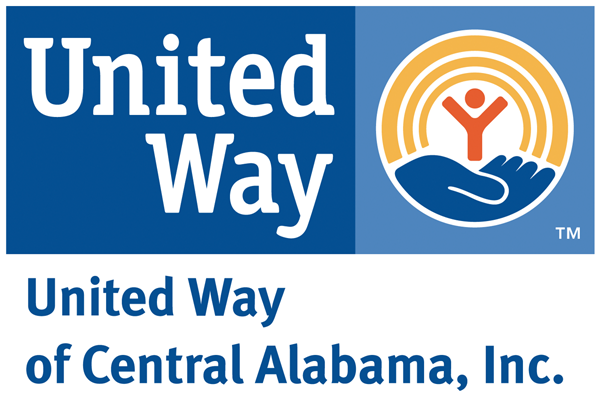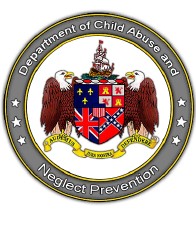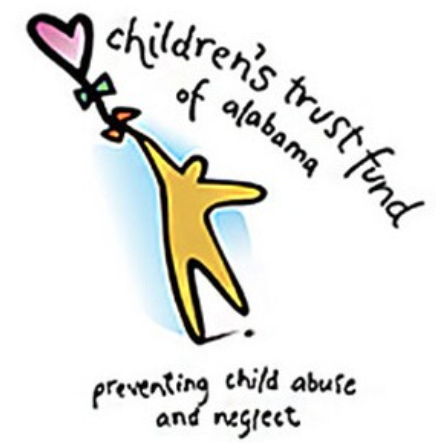- The Fair Housing Act, as amended in 1988, prohibits housing discrimination on the basis of race, color, religion, sex, disability, familial status, and national origin. Its coverage includes private housing, housing that receives Federal financial assistance, and State and local government housing.
- It is unlawful to discriminate in any aspect of selling or renting housing or to deny a dwelling to a buyer or renter because of the disability of that individual, an individual associated with the buyer or renter, or an individual who intends to live in the residence. Other covered activities include, for example, financing, zoning practices, new construction design, and advertising.
- The Fair Housing Act requires owners of housing facilities to make reasonable exceptions in their policies and operations to afford people with disabilities equal housing opportunities. For example, a landlord with a “no pets” policy may be required to grant an exception to this rule and allow an individual who is blind to keep a guide dog in the residence.
- The Fair Housing Act also requires landlords to allow tenants with disabilities to make reasonable access-related modifications to their private living space, as well as to common use spaces. (The landlord is not required to pay for the changes.)
- The Act further requires that new multifamily housing with four or more units be designed and built to allow access for persons with disabilities. This includes accessible common use areas, doors that are wide enough for wheelchairs, kitchens and bathrooms that allow a person using a wheelchair to maneuver, and other adaptable features within the units.
- For questions about the accessibility provisions of the Fair Housing Act, see HUD and DOJ joint statement.
- To file a file a Fair Housing complaint, visit HUD’s website.
Note:Disability Rights & Resources is a Center for Independent Living. It is NOT a residential facility nor a HUD voucher provider. We do not offer housing opportunities or vouchers for housing. We are happy to provide accessible housing resources, help individuals transitioning into an independent living situation, and offer independent living skills training through our information & referral and peer support services.



